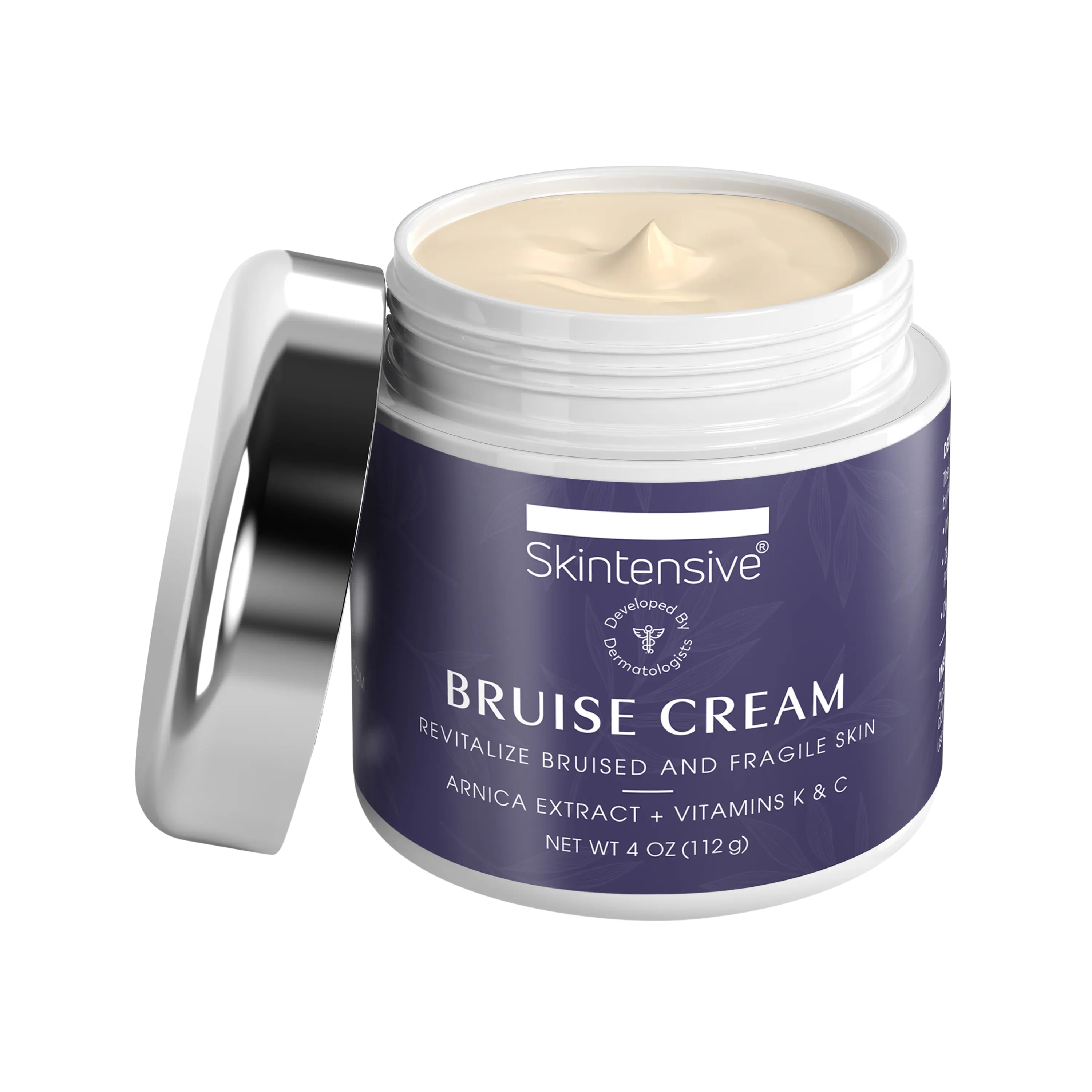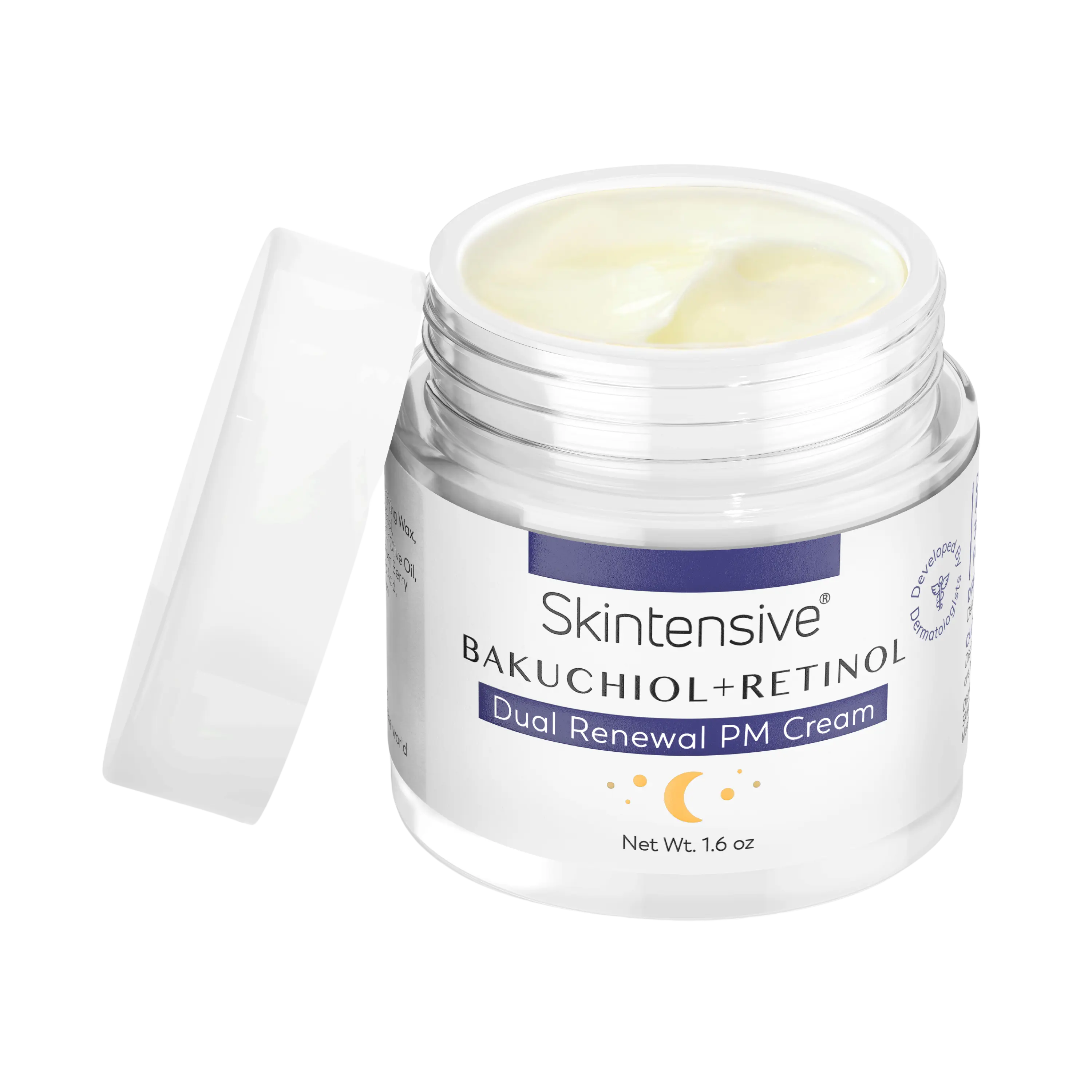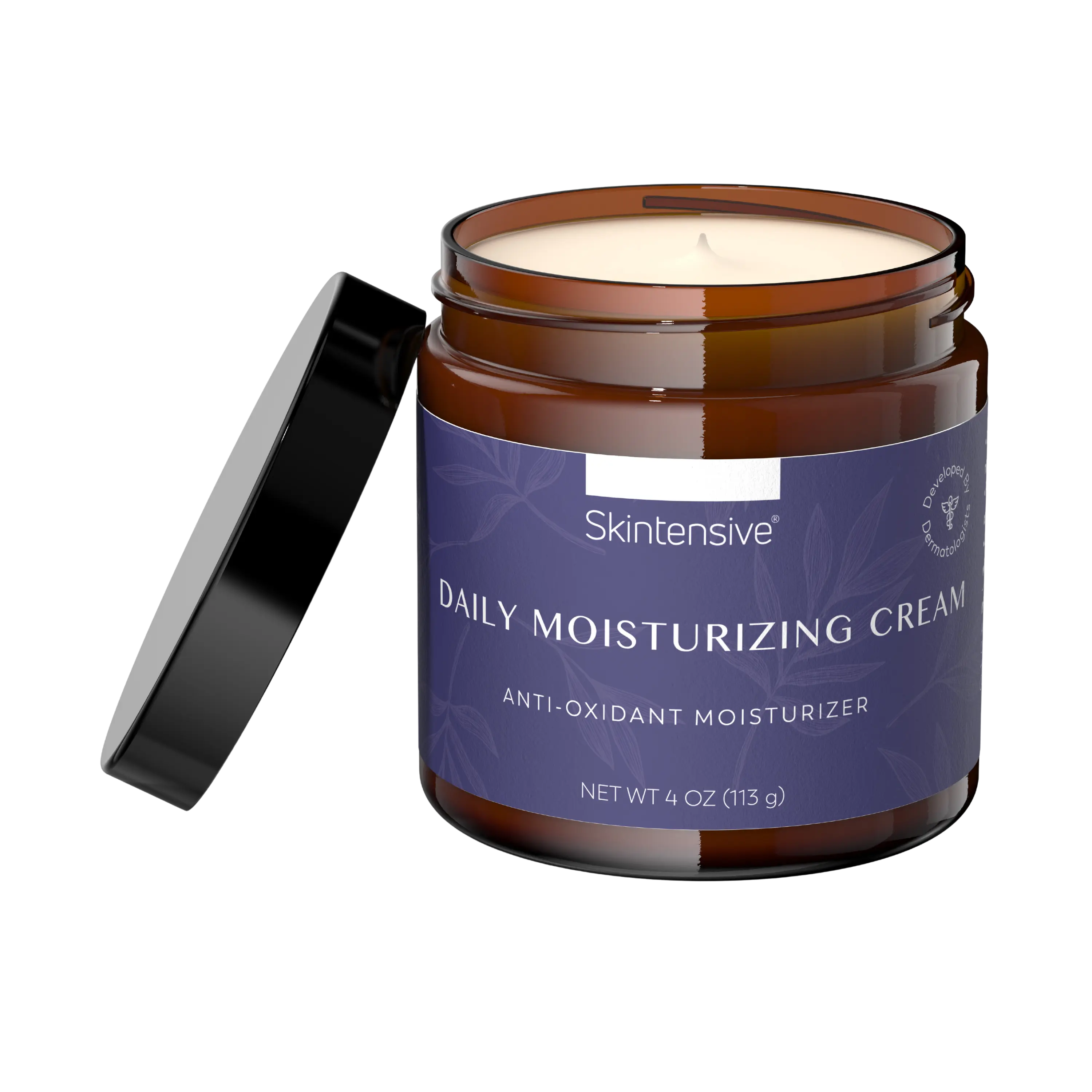Arnica cream is a topical preparation made from the Arnica montana plant. It is commonly used to relieve pain and swelling, especially in the case of bruises, sprains, and muscle soreness.
Here are some common uses for arnica cream:
- Bruises:
Arnica cream can help reduce the appearance of bruises and speed up the healing process. When applied to the skin, arnica cream is believed to work by increasing blood flow to the affected area, which can help to reduce swelling and inflammation. It may also have pain-relieving properties, which can help to alleviate discomfort associated with bruises. Arnica cream is generally considered safe when used as directed, although it is important to follow the instructions on the product label and to speak with a healthcare professional before using arnica, particularly if you have any underlying health conditions or are taking any medications.
- Bruising after surgery or procedures:
Arnica cream may help speed up the skin recovery process after surgery or minor medical or cosmetic procedures. When applied topically as a cream, it is believed to work by increasing blood flow to the affected area, which can help to speed up bruise resolution. This can be particularly beneficial after surgery, when the body needs to repair and heal the tissues that have been affected by the procedure. By increasing blood flow and promoting healing, arnica cream may help to reduce swelling and bruising, as well as alleviate pain and discomfort. In fact, Skintensive Bruise & Scar Cream won the Best Bruise Cream Award as a Post-Procedure Must Have by NEWBEAUTY.

- Sprains and strains:
Arnica cream may help reduce swelling and pain caused by sprains and strains. Sprains occur when a ligament, which is a band of tissue that connects bones and provides support to joints, is stretched or torn. Strains are similar to sprains but are caused by overstretching of muscles. This can result in swelling, pain, and stiffness in the affected area. Arnica is believed to work by increasing blood flow to the area, which can help to reduce swelling and inflammation.
- Muscle soreness:
Arnica cream can help alleviate muscle soreness and stiffness, especially after physical activity. This is because arnica has anti-inflammatory properties that can help to reduce swelling and inflammation in the muscles, which can in turn reduce muscle soreness and stiffness. Arnica cream is typically applied to the skin directly over the affected muscles and is massaged in until it is fully absorbed. It is important to remember that arnica cream is not a substitute for proper medical treatment, and it should not be used as a replacement for seeking medical advice if you are experiencing persistent or severe muscle soreness or stiffness.
- Inflammation:
Arnica cream can help reduce inflammation, which can help alleviate pain and swelling. Inflammation is a natural response of the body to injury or tissue damage. It is characterized by swelling, redness, warmth, and pain, and is caused by the release of various substances, such as cytokines and histamines, from cells in the affected area. Arnica cream contains compounds that are believed to have anti-inflammatory properties, which means that they may help to reduce swelling and inflammation when applied to the skin. By reducing inflammation, arnica cream may also help to alleviate pain and discomfort associated with the injury or condition being treated. It is important to note that while arnica cream may be helpful in reducing inflammation and pain, it is not a cure for the underlying condition and should be used as directed. It is always best to speak with a healthcare professional to get medical advice for the proper diagnosis and management of any medical condition.
Disclaimer:
The content in this article is not medical advice, but rather informational content. As a service to our readers, Skintensive provides access to our library of archived blog content. Please note the date of last review or update on all articles. No content on this site, regardless of date, should ever be used as a substitute for direct medical advice from your doctor or other medical professional.







